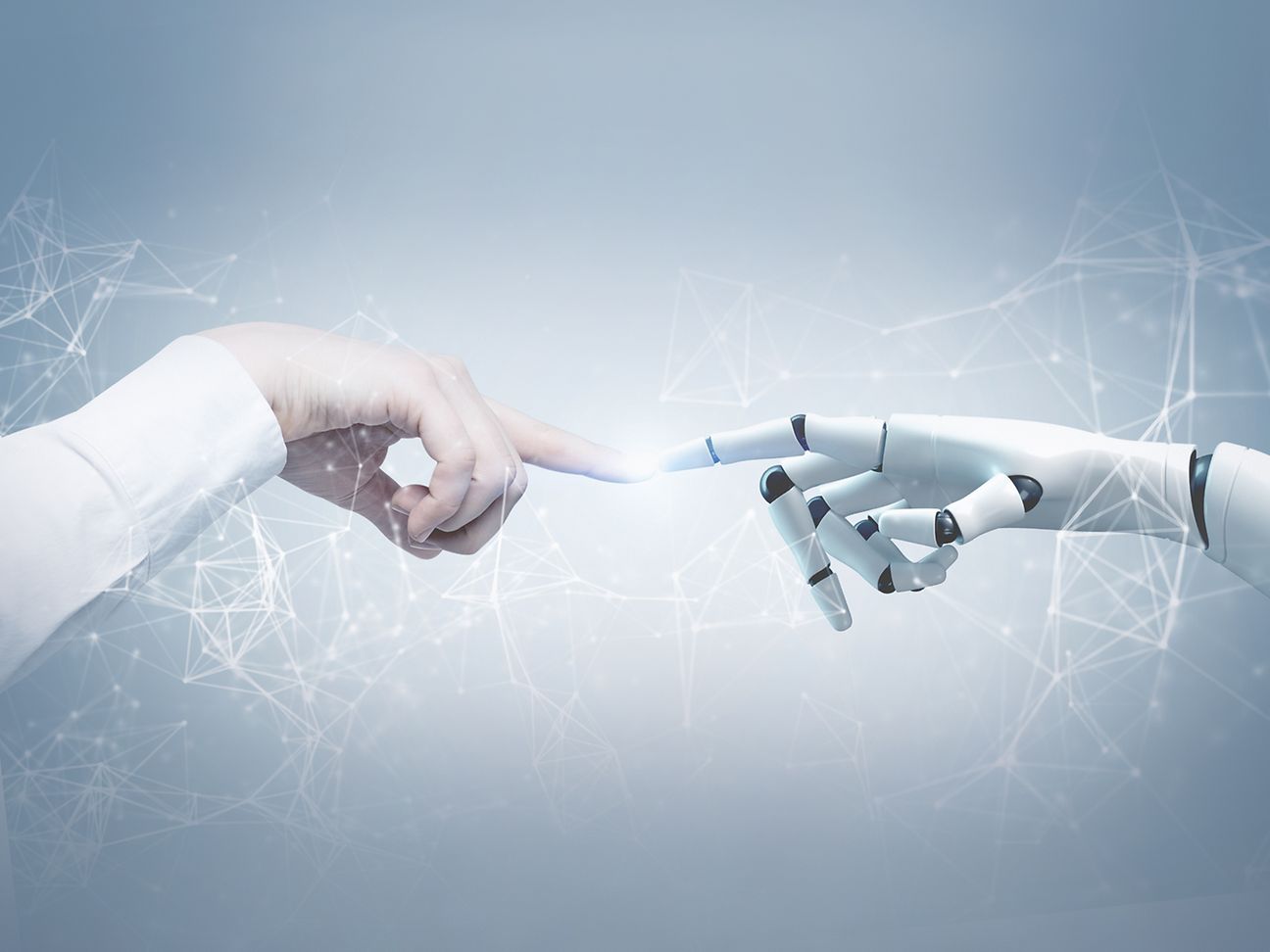

Pimp my body, pimp my brain – Do we need species protection for homo sapiens?
An interface between our brains and computers could turn us into hyperintelligent, "better" people – and thereby create a new species, homo digitalis. Do we need species protection for homo sapiens?
While that scenario may still seem far away, current research indicates that it is nearer than we think – about eight years, according to optimistic estimates. Here are two relevant examples:
In 2014, a paraplegic wearing a special exoskeleton (a robotic body suit) successfully carried out a ceremonial kick-off of the soccer/football World Cup. The demonstration was the brainchild of Miguel Nicolelis, Professor of Neuroscience and founder of the Walk Again project. Nicolelis has been studying ways of linking human brains with machines, with a view to enabling humans to control devices via their thoughts – and to enabling paraplegics to walk again.
In 2016, Bryan Johnson, a Silicon Valley entrepreneur, founded "Kernel," a startup, with seed capital of 100 million dollars. Previously, Johnson had sold an earlier startup, Braintree, for 800 million dollars to PayPal. Johnson's aim with Kernel is to optimize the human brain. One day, so his expectations, computer chips implanted in the brain will not only help heal diseases such as Parkinson's or Alzheimer's, they will also "enable us to do things that were previously inconceivable or simply impossible for us."
Johnson blithely likens the effects of an implanted chip to those of a morning cup of coffee. "I think that we all want to become the best that we can be. We drink coffee in order to feel good. We dress well in order to look nice. We read books in order to keep learning. I think that this technology will help us find a natural way to be the best we can be," he states in our video interview.
When are such projects expected to leave the realm of laboratory experimentation? In eight to 20 years, according to experts. While that may sound like a considerable spread, even 20 years can be a short period. We need to use the time that remains to discuss the moral issues involved.
- Evolution or hybris?
Is such research simply leading to normal improvements, to a new type of tool? Once upon a time, humans used flint to start their fires. Later, we invented the automobile and widened our radius of action. Now, our smartphones keep the Internet at our fingertips. Will brain-computer interfaces just do away with the need for such external devices? Or are we interfering with nature in some improper and dangerous way? - Will only the rich be able to afford such "self-pimping"?
Should a brain-machine interface be a basic right, an "upgrade" that even welfare would pay for? Or will the technology be financially available only to the rich, and thus bring about a new type of two-class society? - Will "normal human beings" become "obsolescent"?
Should everyone be permitted – or required (?) – to undergo such optimization? Will we all become cyborgs, or will such cyborg technology amount to no more than a crazy hobby pursued by a few technology freaks? Will "normal human beings" remain the norm, or will they become throwbacks, and outsiders – and be displayed in zoos?
Along with such moral issues, a range of very practical issues arise, such as security issues. How can we ensure that no one will hack our brains and then subject us to remote control?
What do you think?


